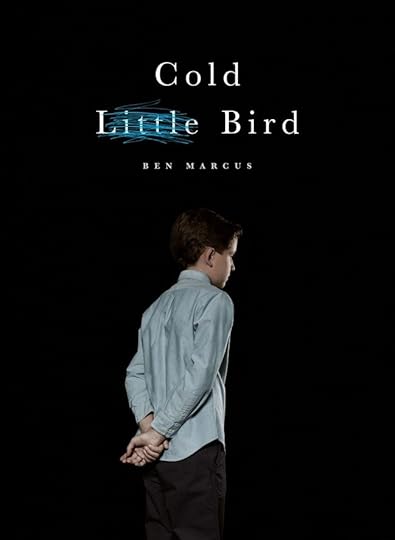What do you think?
Rate this book


288 pages, Hardcover
First published April 21, 2018


James shows his feelings so liberally that they come at a discount, and their value diminishes. When he says he loves me, usually in a threatening way, the statement always seems to beg for reciprocation. I guess he cries wolf. More or less sobs it. One could argue that everything James says is merely the word “wolf” in one language or another.
Knowledge is many things, but it definitely is not power. “Dread” is a better word for it, I think, though I do understand how that ultimately fails as a slogan.
One might reasonably think that there should be a separate evacuation receptacle for children. A room of their bloody own. Answering to their special needs. Relieving the rest of us from the, well, the special energy that children so often desire to display. Lord bless their fresh, pink hearts.
How come so many things can sound mean and nice at the same time?